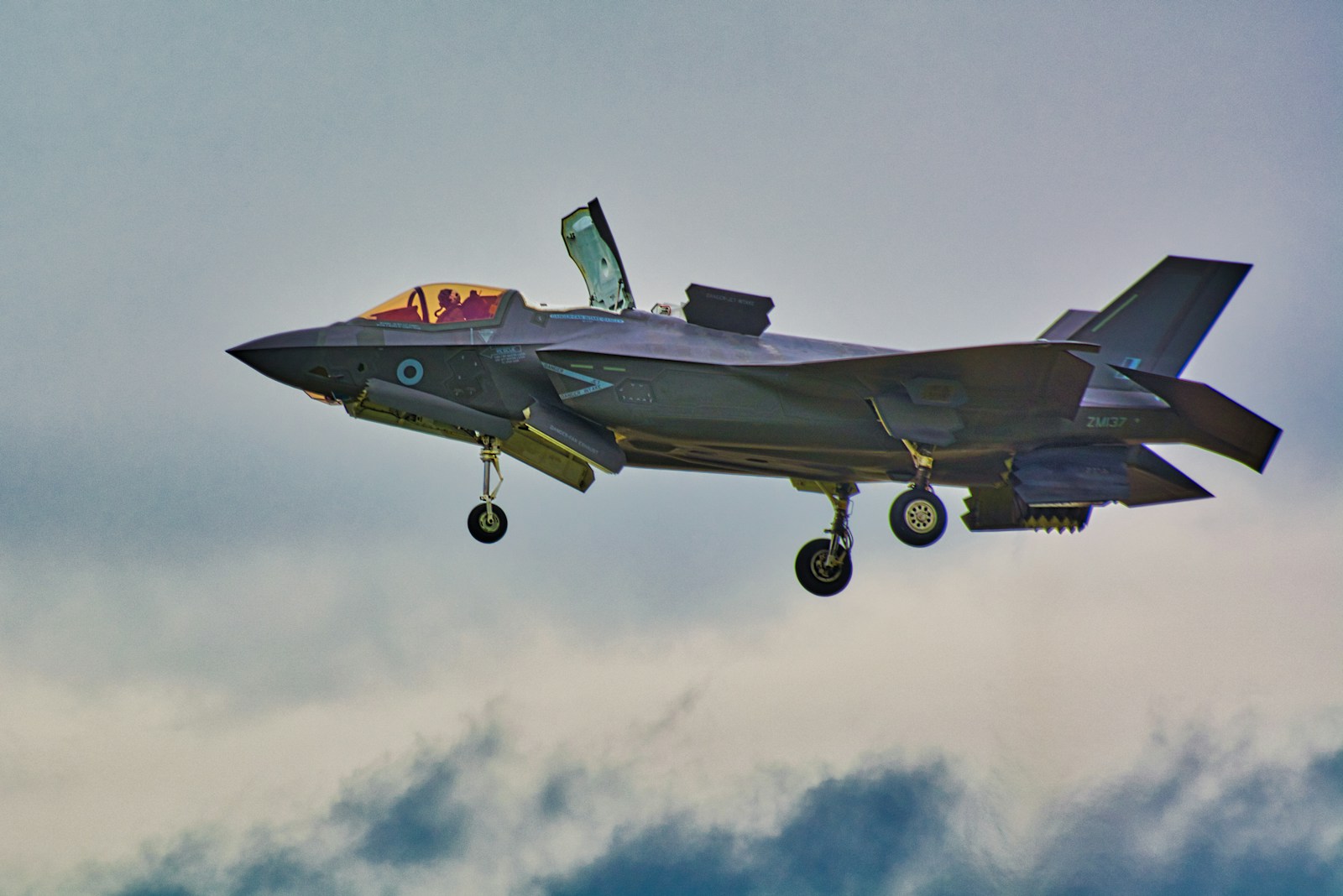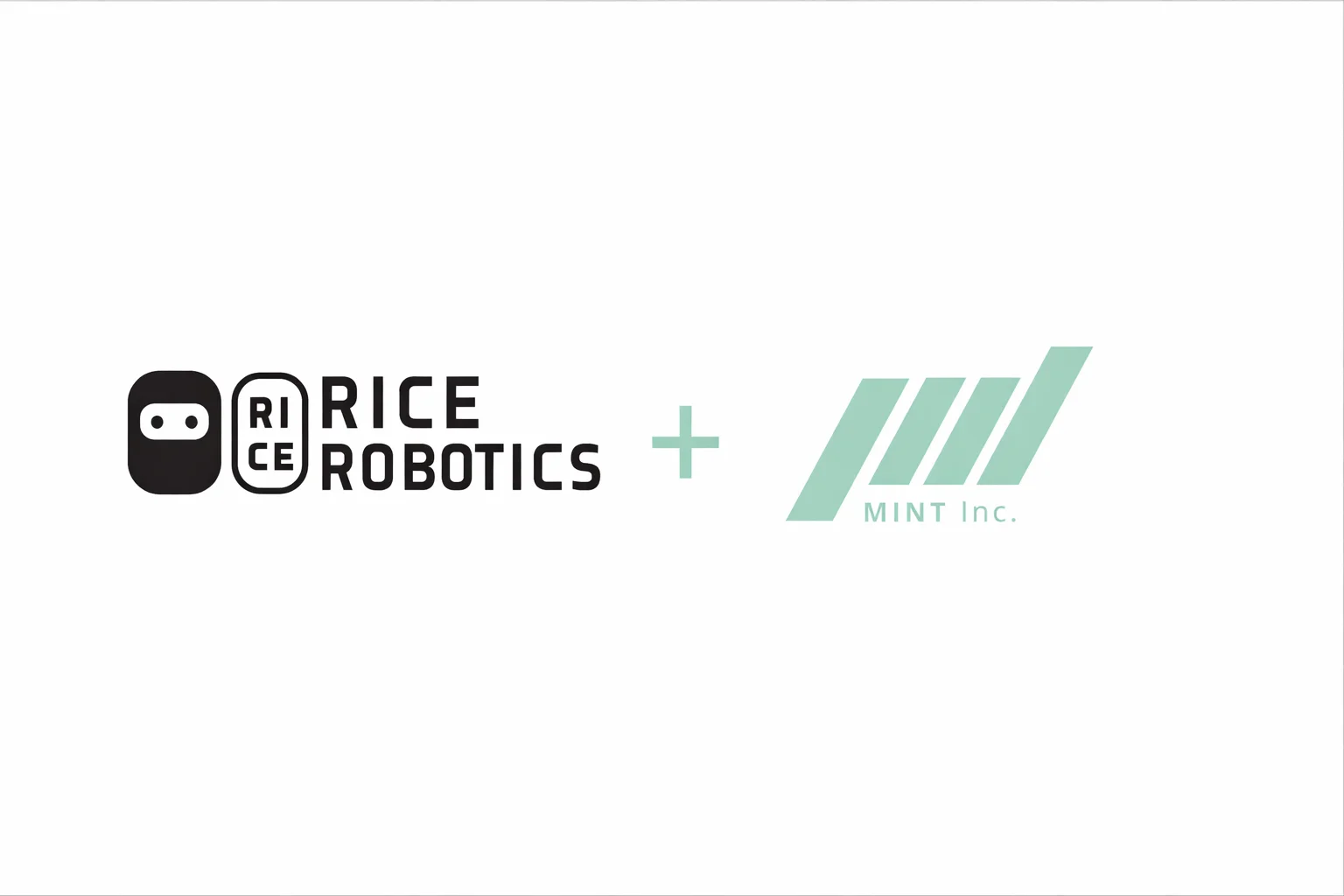Insider Brief
- The UK MOD’s AI air defense strategy, outlined in JSP 936, emphasizes ethical principles, reliability, and meaningful human oversight in deploying AI technologies.
- AI applications span reconnaissance, decision support, and logistics, with measures in place to address risks like bias, opacity, and security challenges.
- Collaboration with industry, academia, and allies underpins the MOD’s phased implementation, ensuring compliance, innovation, and interoperability.
The UK Ministry of Defence (MOD) is accelerating the adoption of artificial intelligence (AI) across its air defense systems, according to a recent policy framework — the JSP 936 directive — issued by the UK Ministry of Defence (MOD) to guide the development, deployment, and oversight of AI technologies within defense operations.
The strategy, which prioritizes ethical compliance and reliability, aims to enhance military capabilities in a rapidly evolving global security landscape. The document provides a detailed roadmap for integrating AI technologies while addressing the associated risks, ensuring accountability, and fostering trust across all levels of deployment.
“AI technologies are maturing at extraordinary pace and there is already a large number of related projects and programmes underway across Defence. At the same time, our understanding of related risks, safeguards and assurance standards continues to evolve,” the report states, adding that the UK must embrace these tools to remain competitive.
At the same time, the MOD stresses the need for a cautious and deliberate approach. “While we modernize at increasing speed, it is equally important to assure our leadership, our staff, Parliament and the public that we are adopting AI technologies safely and responsibly,” the analysts write.
Strategic Vision for AI in Defense
The MOD envisions AI as a cross-cutting technology with applications that range from streamlining logistics and enhancing surveillance capabilities to supporting decision-making and optimizing combat operations. These innovations, the report notes, are designed to complement human decision-makers rather than replace them.
Among the most critical areas for AI integration are reconnaissance, object detection, and command-and-control systems. By leveraging advanced machine learning algorithms and data analytics, AI systems are expected to accelerate operational planning and improve the precision of military actions. Furthermore, the MOD sees AI as a tool for reducing risks to human lives by deploying it in high-risk environments such as bomb disposal and reconnaissance missions.
However, analysts note that these advancements come with significant challenges.
“AI’s potential for unpredictable and opaque behavior means a balance of risk judgment on its adoption is needed,” the report states. It also highlights the importance of considering both the technical limitations and the ethical implications of these systems.
JSP 936: A Framework for Dependable AI
JSP 936 is at the heart of the MOD’s efforts to ensure that AI is deployed responsibly. The directive is underpinned by five key ethical principles: human-centricity, responsibility, understanding, bias mitigation and reliability. These principles are intended to guide the development, implementation, and oversight of AI systems across all phases of their lifecycle.
One of the directive’s central tenets is the concept of “meaningful human control,” which ensures that human operators maintain oversight and accountability for AI systems.
“Human responsibility for AI-enabled systems must be clearly established,” the report states, adding that clear lines of accountability are essential for both governance and operational success.
To operationalize these principles, the MOD has outlined several implementation steps, including:
- Assigning roles and responsibilities for overseeing AI ethics and compliance, led by Responsible AI Senior Officers (RAISOs).
- Developing an AI ethics risk management framework to proactively identify and mitigate risks.
- Establishing training programs to build the technical expertise needed for the “AI-ready” workforce envisioned by the MOD.
Ethical Challenges and Risk Management
The integration of AI into defense poses significant ethical challenges, many of which are addressed in the policy document. The directive emphasizes the importance of transparency, explainability and the mitigation of unintended bias. It warns that biases in training data or algorithm design can lead to harmful outcomes, even when unintended.
“An analysis of data, AI learning algorithms, and models must be made for unwanted bias that may lead to unintentional harms,” the report advises.
To address these risks, the MOD has committed to implementing robust verification and validation processes. These measures aim to ensure that AI systems are reliable and secure, even in complex and unpredictable environments. The directive also underscores the need for adaptive risk management practices, as AI systems can evolve over time and present new challenges.
A significant focus is placed on the interoperability of AI systems within NATO and other allied frameworks. “Responsible AI processes increase the assurance between allies,” the report states, noting that shared values and standards are essential for fostering international trust and collaboration.
Implementation Roadmap
JSP 936 outlines a phased approach to integrating AI across defense operations. Among the immediate priorities are conducting ethical risk assessments, identifying AI applications currently in use or under development, and creating implementation plans tailored to specific organizational needs.
The MOD acknowledges that this process will require ongoing adaptation and collaboration with stakeholders, including private industry and academic institutions.
The analysts write: “We must learn by doing and iterate and improve over time.” To facilitate this, the MOD has developed preliminary tools, such as model cards, assurance question sets, and a repository of best practices, which will be refined through live projects.
A key element of the implementation strategy is the role of the Defence AI and Autonomy Unit (DAU) and the Defence AI Centre (DAIC), which provide guidance and support for AI deployment. These organizations are tasked with ensuring that AI systems meet the MOD’s ethical and technical standards, as well as facilitating knowledge sharing across teams.
International Comparisons and Strategic Implications
The UK’s approach to AI in defense reflects broader trends among global powers. In the United States, the Department of Defense has developed its own ethical guidelines for AI, emphasizing similar principles of accountability and human oversight. China, meanwhile, has made significant investments in autonomous systems, raising concerns about the potential for an AI arms race.
Analysts suggest that the UK’s emphasis on ethics and governance could serve as a model for balancing innovation with accountability..
Collaboration with Industry and Academia
The MOD recognizes the critical role of private sector partners and academic institutions in advancing its AI ambitions. The report emphasizes the need for collaboration to harness the latest innovations while ensuring compliance with ethical standards.
“Delivering ambitious, safe, and responsible AI-enabled capability is a shared endeavor between MOD and its suppliers,” the report states.
To build trust in commercial AI solutions, the MOD requires vendors to demonstrate that their technologies are safe, reliable, and aligned with the MOD’s ethical principles. It also highlights the importance of academic partnerships in advancing research and developing new AI capabilities.
Future Outlook
The MOD envisions a future in which AI is seamlessly integrated into all aspects of defense, from back-office operations to frontline capabilities. However, it cautions that this vision will require sustained effort and investment. “Implementing the requirements set out herein will involve determining the right accountabilities and responsibilities in our respective organizations,” the report states.
As the UK continues to refine its AI strategy, JSP 936 will serve as a living document, updated regularly to reflect advancements in technology and changes in the security environment.
The analysts write: “…it is not expected that everything will be in place overnight. We must learn by doing and iterate and improve over time to ensure that we do not inadvertently handicap essential Research & Development and capability development efforts.”






